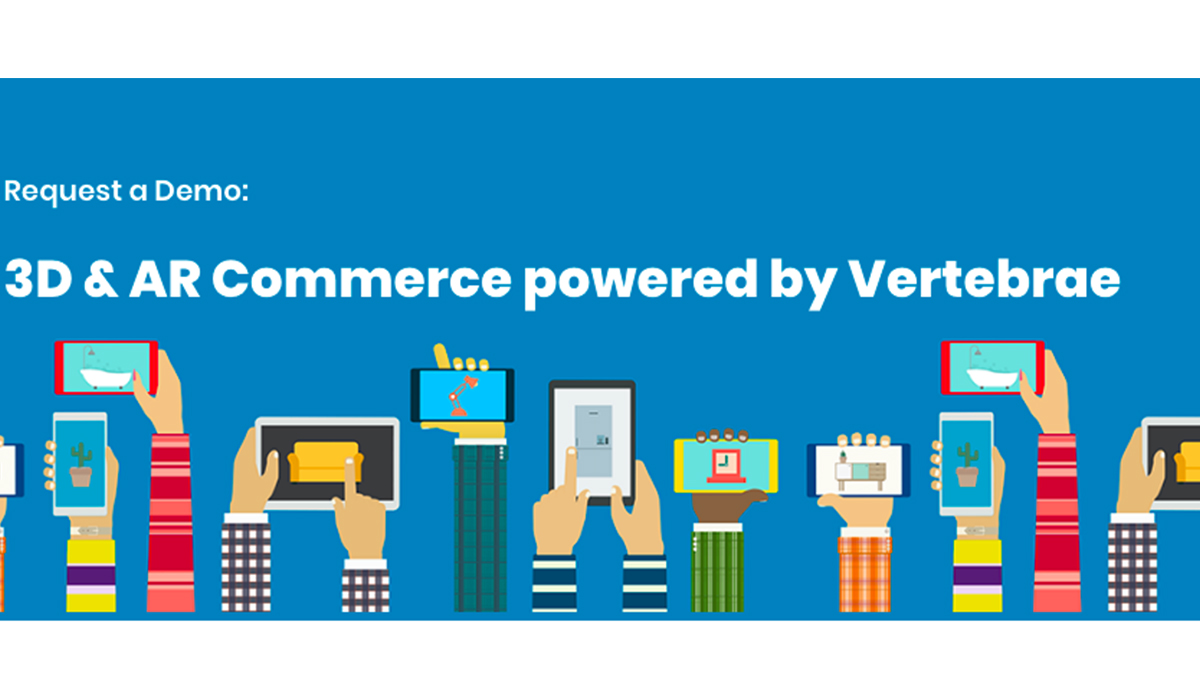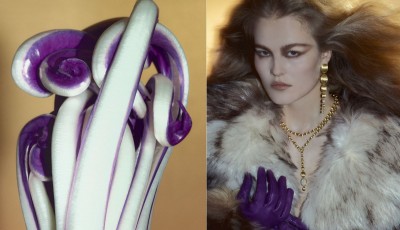More Sales by Investing in Augmented Reality
With 3D filters and more accessible technology to support e-commerce platforms, conversion rates rear and sales go forward
What happens in a ‘Closed’ world, as the latest cover of The Economist asks, with production temporarily suspended, consumption at a standstill and still no certainty about recovery times? The answer, and food for thought, comes from Creators AR, a marketing influencer agency located in Tel Aviv, which launched the first marketplace for those who design and build AR – augmented reality – filters. Let’s first provide a definition of AR. Augmented reality is that technology which allows multi-media information to be superimposed onto what is being looked at on any mobile device we may have. It therefore exploits device displays to add extra information and content, like a kind of visual content management.
A dutiful beginning to our thoughts on the week, following a closer look at the topic by Maghan McDowell for Vogue Business. In her article, Maghan sustains that, in a moment of crisis, like the current one, AR technology, placed at the service of e-commerce platforms, is able to guide and direct on-line sales to the point that it will increase the conversion rate by up to 250%. Model imaging in 3D, for example, is a driving force for product sales purposes, attracting consumers and encouraging them to buy through Instagram as well as enriching their on-line experience, making them increasingly more loyal to the brand. Of course, on a competence level, it is still early days, but the big platforms have already started to invest in instruments to make everything more accessible. But let’s go back to Tel Aviv and this new project,Creators AR, founded by Eran Nizri. Faced with an ever-greater demand for partnerships between brands and AR influencers, Nizri not only realized that there was a technological gap but also saw the high potential that this instrument has in addressing and increasing product sales. The Creators AR platform is a sort of Etsy that places personalizable filters at the disposal of companies, each with a different value to the other. Nizri’s idea fits perfectly into this moment of general closure because it guarantees continuing presence even at the sales point. And if the GAFAM giants (Google, Apple, Facebook, Amazon, Microsoft) have, for some time, been operating on these fronts by adopting targeted tools, the big luxury brands still have plenty of fertile ground to explore. Once more at Vogue Business, Vince Cacace, CEO of Vertebrae, a company that creates and distributes 3D content for luxury European brands, including Fendi, declared that his aim is to take the store-purchase experience on line so that the customer has the impression of going into a physical space without leaving home. And if Nizri has proved that using AR filters can offer brands a display that is 457 times greater than filter-free content, what better moment than now to stop this suspension of business we have been forced into doing than with a new three-dimensional space? It could be our business partner of the future.






